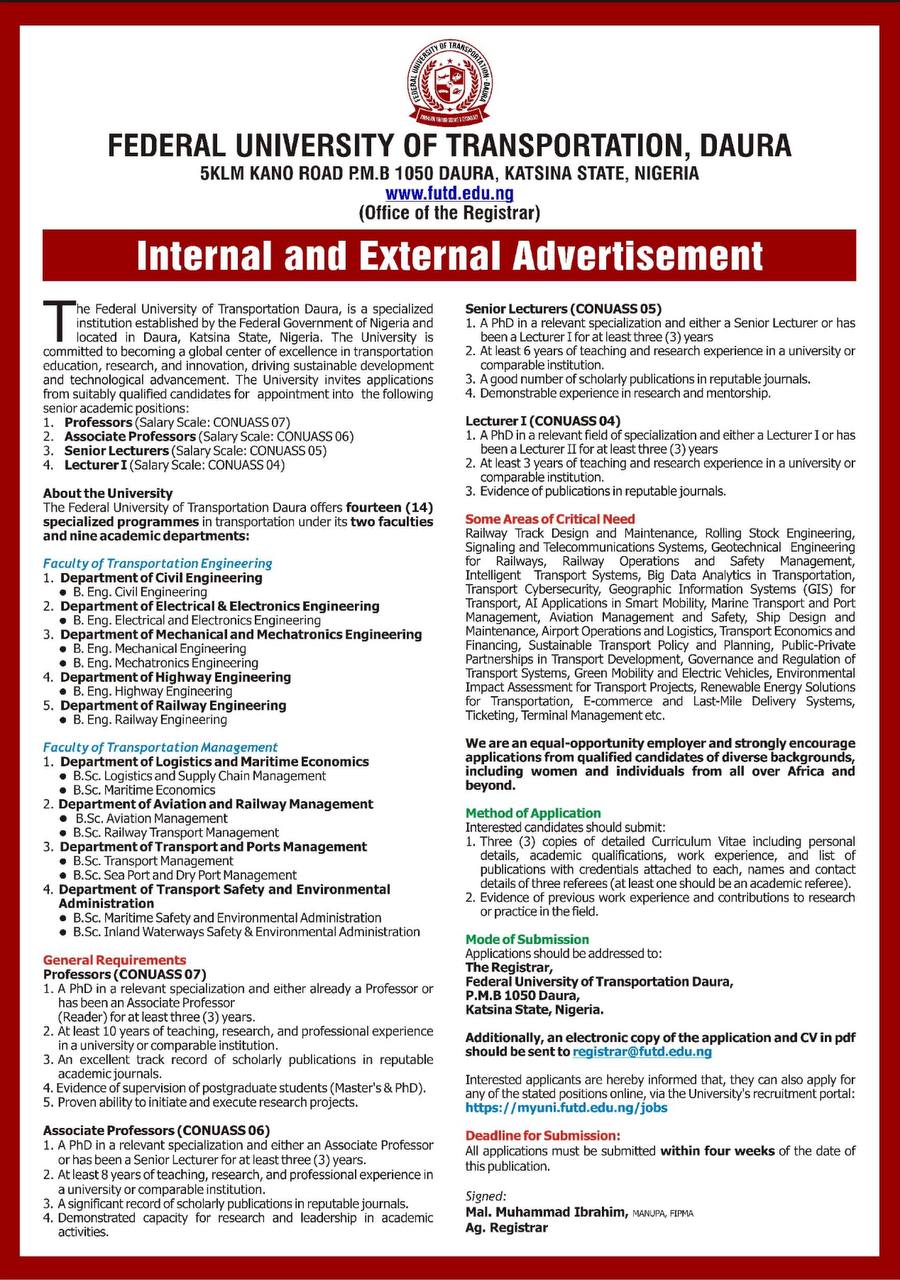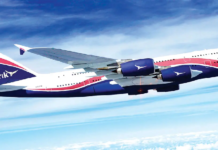In order to address critical necessities like runway rehabilitation, pension liabilities, and other essential infrastructural needs, which would require over N735 billion, the Federal Airport Authority of Nigeria (FAAN), has concluded arrangements to hike its tariff.
Managing Director FAAN, Olubunmi Kuku, who stated this during a tour of the airport facilities in Lagos by the Permanent Secretary of the Ministry of Aviation and Aerospace Development, Dr. Ibrahim Kana, on Wednesday, acknowledged the industry’s overall increase in tariffs and emphasised the importance of aligning any adjustments with the quality of services provided.
She however noted that certain increases might be delayed due to facility constraints, as there needs to be a commensurate balance between any hike and the services offered.
“We do want to increase our tariffs because, obviously, everyone has increased, but we recognise the fact that some of these tariffs are driven by the services that we offer, so we have to make sure that we can commensurate the services that we are offering with a tariff increase. The tariffs are due for increase; however, we may have to push back on certain things because of the available facilities,” she said.
She added that “We have a major pension liability in our books. As of 2021, the figure was N155 billion, and with the ongoing valuation, by the time it is done, it would be much higher.”
She noted that many of the airports’ runways, built in the late 70s, have outlived their lifespan and at least N580 billion is needed to rehabilitate the runways across the country.
“There are many haphazard jobs and abandoned projects at our airports, and the runways require major rehabilitation. At least N580 billion is required to fix runways across all airports. Many of FAAN’s facilities, including terminals and runways, are aging and in need of significant repairs and upgrades, as most of the airports were built in 1978 and their lifespan is between 20 to 25 years. This affects operational efficiency and safety and necessitates substantial investment for modernisation.
“Also, despite efforts to enhance security at airports, FAAN continues to face challenges in managing security risks, particularly with the increase in air travel and the potential for terrorist activities or other threats at key airport locations. Due to a lack of a perimeter fence, the Authority’s land is constantly being encroached on all over the country.
“Obsolete equipment such as old fire tenders, generators, air conditioning systems, and conveyor belts with worn-out slats, belts, and motors can be found in many airports, leading to low efficiency and high maintenance costs. FAAN plans to modernize airport infrastructure by renovating terminals, expanding runways, and upgrading navigational aids.
“In 2025, the construction of a new and befitting headquarters for FAAN will also be a top priority, providing a centralized and modern facility to enhance operational efficiency. Priority will be given to improving critical facilities at major international airports and enhancing regional airport capacity to meet growing passenger and cargo demands. We need to be deliberate about it,” she said.
Dr. Ibrahim praised the ongoing reforms at FAAN, stating that Kuku’s managerial expertise has been pivotal in enhancing operational efficiency and service delivery. He credited the success recorded at FAAN to the leadership of the Minister of Aviation and Aerospace Development, Festus Keyamo, saying that his proactive policies and strategic direction have created an enabling environment for growth in the sector.













